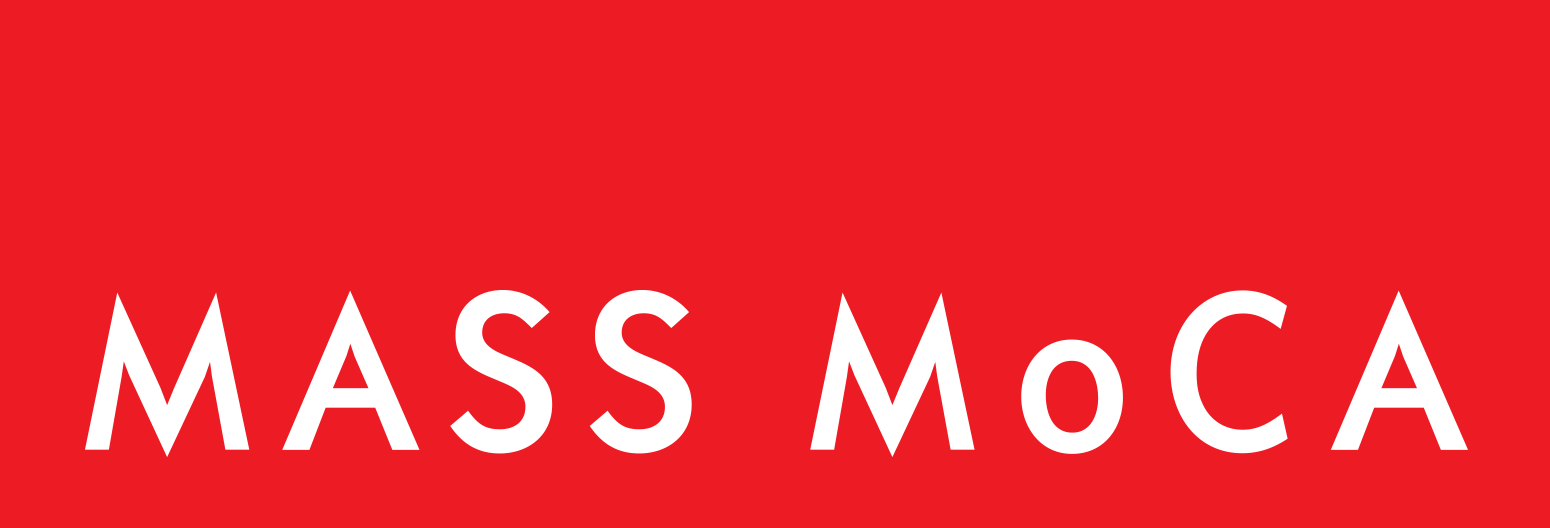
Research & Development
- Saturday, June 22, 1pm
- Free with Gallery Admission
- The Research & Development Store
Meet in the Research & Development Store for a discussion surrounding the content of Crip Authorship: Disability as Method with the book’s co-editor Mara Mills and contributing author Georgina Kleege. They will reflect on their experience of Joseph Grigely: In What Way Wham? (White Noise And Other Works, 1996–2023) by way of Andy Slater’s image and video descriptions for the exhibition, description (of art) as an access tool for blind audiences, disability as method, and other topics discussed in this groundbreaking book.
Crip Authorship: Disability as Method starts from the premise that disability is plural and authorship spans composition, affect, and publishing. This collection of thirty-five compact essays is an expansive volume presenting the multidisciplinary methods brought into being by disability studies and activism. Co-editors Mara Mills and Rebecca Sanchez have convened leading scholars, artists, and activists to explore the ways disability shapes authorship, transforming cultural production, aesthetics, and media.
“Crip Authorship moves directly into the most urgent debates in critical disability studies, focusing on questions of methodology, race, queerness, cross-disability solidarity, and what it means to make or publish crip work.” – Margaret Price, author of Crip Spacetime
About the Speakers
Mara Mills is Associate Professor in the Department of Media, Culture, and Communication at New York University, where she co-founded and co-directs the Center for Disability Studies. She is co-editor of Testing Hearing: The Making of Modern Aurality and (with Rebecca Sanchez) the republication of Pauline Leader’s And No Birds Sing.
Georgina Kleege teaches and writes extensively in the fields of disability studies, museum education and creative writing. She is the author of the classic autobiographical essay collection Sight Unseen. Her work often explores the relationship of art, culture, technology, and disability. Her book More than Meets the Eye: What Blindness Brings to Art covers current practices in art description as well as offering the suggestion of turning to blind experts for knowledge about art beyond the visual.

